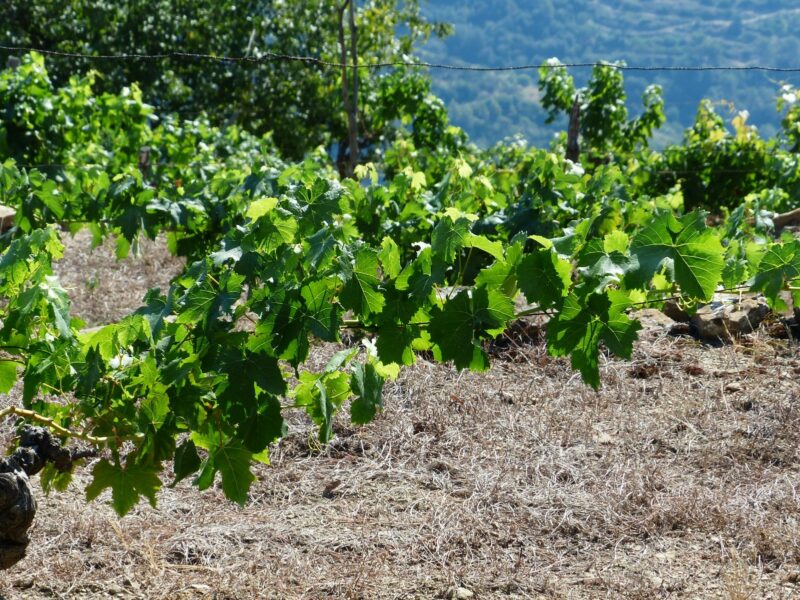
The Magic Kings
Epiphany. Fr Edmund Hill considers the meaning of the star that rose in the east.
One must admit that we succeed in giving this feast a rather silly sounding name, in English, with the stress on the second syllable. It’s not obvious to most of us what ‘Epiphany’ even means. Perhaps we would do better to imitate the Spanish and call it La Fiesta de Los tres Reyes Mages, the ‘Feast of the Three Magic Kings’.
Preachers often remind us that St Matthew doesn’t tell us there were three of them, nor that they were kings. But the Magi were, at an early stage of Church tradition, turned into Kings. Perhaps this was because of their gifts, which only kings could afford, but I wonder if there was more to it than that. It might have been because the word magus in Latin, as in Greek, quickly came to mean ‘wizard’ or ‘sorcerer’; and sorcery was not considered a good thing in the times when Christianity had become the dominant and official religion of the Roman Empire and the nation states of Europe which succeeded it. So we have the carol ‘We three Kings of Orient are..’ rather than ‘We three Wizards from the East’.
However, when the story that we hear in the Gospel was composed, magus referred specifically to Persian soothsayers, who were generally revered as ‘wise men’. And so it is that when these wisemen, stargazers, astrologers, saw this new star, they were assumed by the story-teller to know what it meant. They knew what to ask Herod when they got to Jerusalem:
Where is he who has been born king of the Jews? For we have seen his star in the East, and have come to worship him.
And so they followed the star that, according to their Persian wisdom, presaged the birth of a new king of Judaea, until it stopped and stood over the lowly cattle shed where the child was.
That, of course, is what the star meant to them. But for us it has, or should have, further meanings. We have not only secular science to go on, but also the revealed word of God in Scripture. So first of all it means the fulfillment of the prophecy of Balaam, son of Beor, from the Book of Numbers chapter 24:
The oracle of Balaam son of Beor, the oracle of the man whose eye is clear, the oracle of one who hears the words of God, and knows the knowledge of the Most High, who sees the vision of the Almighty, who falls down, but with his eyes uncovered:
I see him, but not now; I behold him, but not near —
a star shall come out of Jacob, and a sceptre shall rise out of Israel;
it shall crush the borderlands of Moab, and the territory of all the Shethites.
Edom will become a possession, Seir a possession of its enemies, while Israel does valiantly.
One out of Jacob shall rule, and destroy the survivors of Ir.
So here the star represents the King, the wielder of the sceptre.
But for us, the prophecy is now to be understood, of course, in a yet much grander sense than it had in the Old Testament where it looked ahead to the kingdom of David and the conquest of the national enemies of the Israelites. The King of the Jews whom the Magi now come to honour is the King of Kings, the King of all nations, the King whose Gospel is destined to conquer the whole world.
And this ‘sceptre out of Israel’ arose not to subject all the nations to the rule of Israel, but to submit himself to death at the hands of the most powerful empire that had ever arisen, in order to liberate us all from the rule of any earthly king.
As we all know, these further meanings of the star in the east are found in the traditional symbolism of the Magi’s gifts: Christ the King is represented by the gold, Christ the Priest is represented by the incense and Christ the Sacrificial Victim by the Myrrh, used by the women at his burial. The Child after all was ‘born to be King’, the King who would reign over the whole world from the cross.


